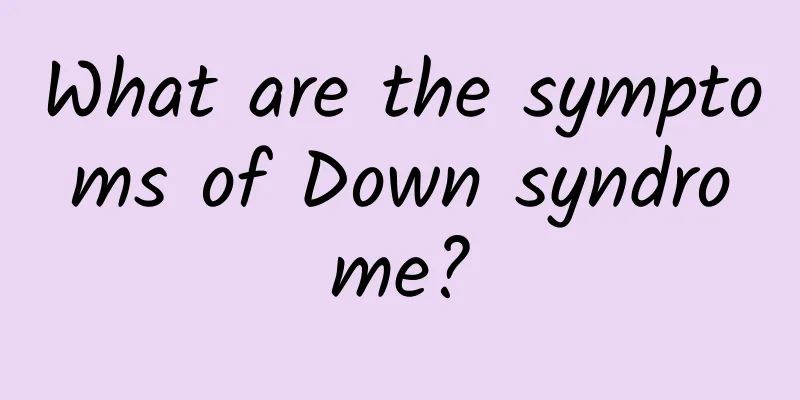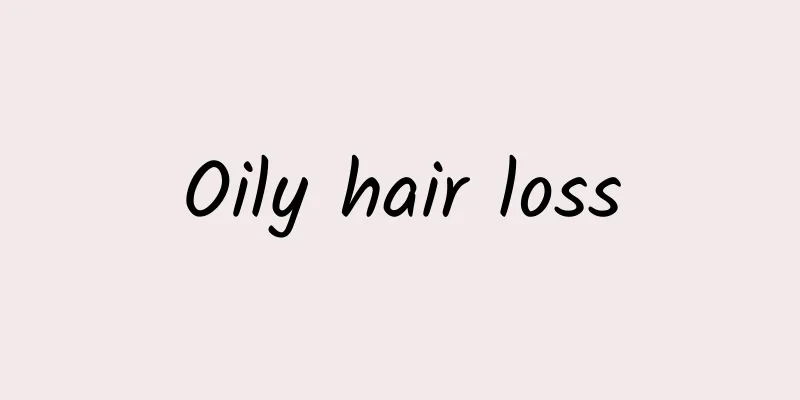How to treat urticaria

|
There are many common diseases in life. Different diseases have some differences in symptoms and treatments. Therefore, when treating some diseases, you must first understand them, so that you can know what method to choose when treating them. Urticaria is a disease that seriously harms human health. After such a disease occurs, it must be treated in time. So how to treat urticaria? Many people are not very clear about how to treat urticaria. There are also good methods to treat this type of disease. The following is a detailed introduction. However, when treating urticaria, be careful not to choose the treatment method at will. How to treat urticaria: 1. General treatment Because the causes of urticaria vary, the treatment effects are also different. The specific treatment measures are as follows: (1) Eliminate the cause. Every patient should strive to find the cause of the attack and avoid it. If the cause is infection, the infected lesions should be treated actively. If the allergy is caused by drugs, the allergy medication should be stopped; if the allergy is caused by food, find out the allergic food and stop eating this food. (2) Avoid triggering factors. For example, for cold urticaria, you should keep warm; for acetylcholine urticaria, you should reduce exercise, sweating and mood swings; for contact urticaria, you should reduce the chance of contact. 2. Medication (1) Antihistamines ① H receptor antagonists It has strong anti-histamine and anti-other inflammatory mediator effects, and is effective in treating all types of urticaria. Commonly used H1 receptor antagonists include diphenhydramine, cyproheptadine, chlorpheniramine, acrivastine, cetirizine, mizolastine, loratadine, ebastine, azelastine, desloratadine, etc.; when single treatment is ineffective, two different types of H1 receptor antagonists can be used in combination or in combination with H2 receptor antagonists. Commonly used H2 receptor antagonists include cimetidine, ranitidine, famotidine, etc. It is effective for acute, chronic urticaria and cold urticaria. Dosage varies from person to person. ② Doxepin It is a tricyclic antidepressant that is particularly effective for chronic urticaria and has fewer adverse reactions. Doxepin is a better choice of drug for patients with urticaria who are not responsive to traditional antihistamines. (2) Drugs that inhibit mast cell degranulation and reduce histamine release ① Meta-hydroxyisobutyrine sulfate is β2-adrenergic receptor stimulators can increase the concentration of cAMP in the body, thereby inhibiting mast cell degranulation. ② Ketotifen By increasing the concentration of cAMP in the body, it inhibits mast cell degranulation and prevents the release of inflammatory mediators (such as histamine, slow-reacting substances, etc.). Its inhibitory effect is stronger and faster than that of sodium cromoglycate, and it can be taken orally. ③Sodium cromoglycate can block the binding of antigen and antibody and inhibit the release of inflammatory mediators. If used in combination with glucocorticoids, the dosage of the latter can be reduced and the therapeutic effect can be enhanced. ④ Tranilast reduces the release of histamine by stabilizing the mast cell membrane. (3) Glucocorticoids are second-line drugs for the treatment of urticaria. They are generally used when severe acute urticaria, urticarial vasculitis, and pressure urticaria are ineffective against antihistamines, or when chronic urticaria is severely stimulated. They are administered intravenously or orally, and long-term use should be avoided. Commonly used drugs are as follows: ① prednisone; ② triamcinolone; ③ dexamethasone; ④ diprosone. In emergency situations, hydrocortisone, dexamethasone, or methylprednisolone is given intravenously. (4) Immunosuppressants: When patients with chronic urticaria have an autoimmune basis and the disease recurs, and the above treatments cannot achieve satisfactory results, immunosuppressants can be used. Cyclosporine has a good therapeutic effect. Azathioprine, cyclophosphamide, methotrexate and immunoglobulin can all be tried. Tripterygium wilfordii also has a certain therapeutic effect. Due to the high incidence of side effects of immunosuppressants, they are generally not recommended for the treatment of urticaria. The above is a detailed introduction on how to treat urticaria. You can choose the above methods when treating this type of disease. However, when treating urticaria, you must also pay attention to understanding the patient's condition first. Otherwise, the wrong treatment method will not help the patient control the disease. This needs attention. |
>>: Diet therapy for wind-heat cold
Recommend
What does gastrointestinal stagnation mean?
Many people do not know what gastrointestinal sta...
Pain in the liver area and frequent farting
Any discomfort in the body should not be ignored ...
The efficacy and effects of mint lozenges
Generally speaking, the most concerning doubts ab...
What causes menstrual pain
Women will feel uncomfortable during their menstr...
What diseases can be diagnosed by occult blood in urine? Be sure to pay attention!
Occult blood in urine refers to the presence of r...
What is the antigen-antibody reaction?
In life, many people may not know what antigen-ant...
What to do with allergic pharyngitis? Six ways to stay away from it
When pharyngitis occurs, symptoms such as nausea,...
Eating raw eggs can improve sexual performance. Here are three foods that can improve sexual performance
Among the food choices for strengthening sexual f...
The efficacy, effects and contraindications of whitehead
I believe many people have heard of the Chinese h...
What causes genital inflammation in boys
Genital inflammation is a common phenomenon in yo...
Will the wound from a cesarean section split open due to coughing?
Only after a cesarean section will you need to em...
How long can you live with liver cirrhosis?
Cirrhosis is mainly caused by some long-term nutr...
How to deal with iron burns
An iron is a tool that most households have. Cott...
What are the effects, functions and ways to eat red ginseng?
Red ginseng is a traditional Chinese medicinal ma...
How to determine whether the glans is sensitive
The male penis is mainly composed of the corpus c...









